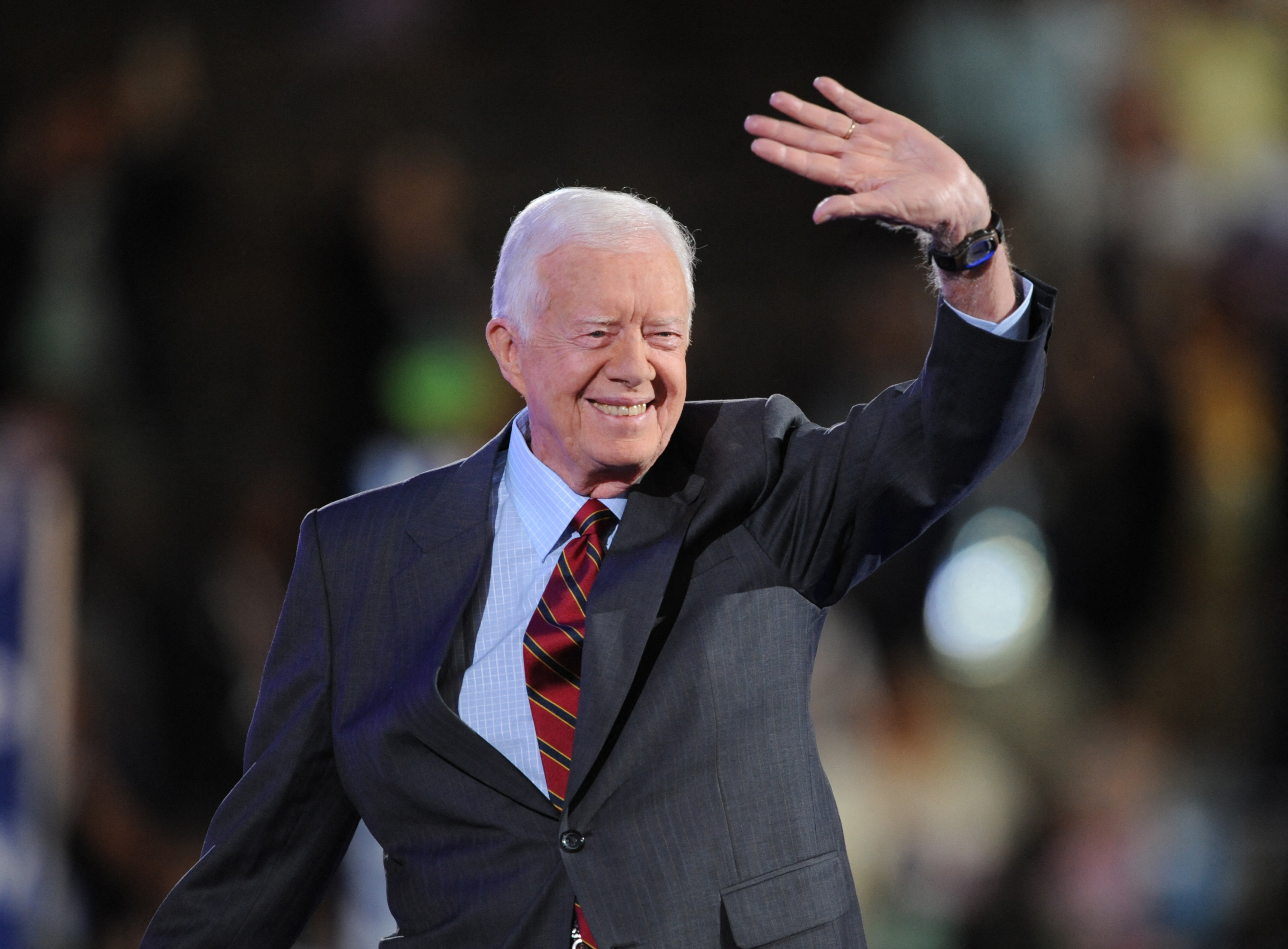
Jimmy Carter, Former U.S. President and Global Humanitarian, Dies at 100
Trailblazing leader and Nobel laureate leaves a lasting legacy of peace, human rights, and service.
Jimmy Carter, the 39th president of the United States and a revered figure for his decades of humanitarian work, died Sunday at the age of 100. Carter, who was in hospice care since February 2023, passed away peacefully at his Plains, Georgia home, surrounded by loved ones.
Carter, who served one term as president from 1977 to 1981, was celebrated as a leader of moral clarity and an advocate for human rights. His presidency, marked by challenges and transformative moments, was a prelude to his tireless post-presidential work that earned him the Nobel Peace Prize in 2002.
President Joe Biden issued a statement recognizing Carter’s profound contributions to the nation and the world. “Jimmy Carter lived a life measured not by words, but by deeds,” Biden said. The president also declared Jan. 9 as a national day of mourning, coinciding with Carter’s state funeral in Washington.
From Humble Beginnings to the White House
Born on Oct. 1, 1924, in Plains, Carter was the first U.S. president born in a hospital. A U.S. Naval Academy graduate, Carter served as a submariner and later left the Navy to take over his family’s peanut farming business after his father’s death. His early political career began with his election to the Georgia State Senate in 1962, followed by a term as the state’s governor from 1971 to 1975.
Carter’s rise to the presidency came during a turbulent time in American history. Campaigning as a Washington outsider promising honesty and transparency in the wake of the Watergate scandal, Carter narrowly defeated incumbent Gerald Ford in the 1976 election.
Achievements and Challenges in Office
Carter’s presidency was highlighted by significant achievements, including brokering the Camp David Accords, a peace treaty between Egypt and Israel that remains a cornerstone of Middle Eastern diplomacy. He also championed environmental conservation, deregulated major industries, and prioritized human rights in foreign policy.
However, his administration faced numerous challenges, including an energy crisis, high inflation, and the Iran hostage crisis, which overshadowed his accomplishments. A rescue mission to free 52 hostages held in Tehran ended in failure, contributing to his loss to Ronald Reagan in the 1980 presidential election.
Despite leaving office with low approval ratings, Carter’s commitment to service and integrity would redefine his legacy.
“America’s Greatest Ex-President”
Carter’s post-presidential life set a benchmark for civic engagement. He and his wife, Rosalynn, founded the Carter Center in 1982 to promote democracy, human rights, and public health worldwide. The center’s work in election monitoring and disease eradication has saved countless lives.
RELATED CONTENT
Carter was a hands-on volunteer with Habitat for Humanity, helping build homes for disadvantaged families well into his 90s. He also authored more than 30 books, many reflecting on his faith, policy views, and personal philosophy.
Rosalynn Carter, his partner in service for 77 years, passed away just weeks before him in November 2023. Together, they were an enduring symbol of partnership and purpose.
Tributes Pour In
World leaders and public figures commemorated Carter’s life. Former President Bill Clinton called Carter a man “guided by faith” whose life was “dedicated to service.” Barack Obama said Carter embodied values of “grace, dignity, justice, and service.” Former President George W. Bush praised Carter’s commitment to leaving the world better than he found it.
Habitat for Humanity CEO Jonathan Reckford credited the Carters with bringing global attention to the need for affordable housing. “Their legacy lives on in every family we serve around the world,” Reckford said.
A Lasting Legacy
Carter’s later years were marked by resilience and humility. In 2015, he survived a cancer diagnosis that had spread to his brain and liver, later declaring himself cancer-free. He continued teaching Sunday school at his local church until the pandemic.
Reflecting on his life during his cancer treatment, Carter said, “I’ve had a wonderful life. I’m completely at ease with death.” His steadfast faith and dedication to service remained his guiding principles until the end.
As the nation mourns the loss of a statesman and humanitarian, Jimmy Carter’s life serves as a testament to the enduring power of compassion, integrity, and hope.



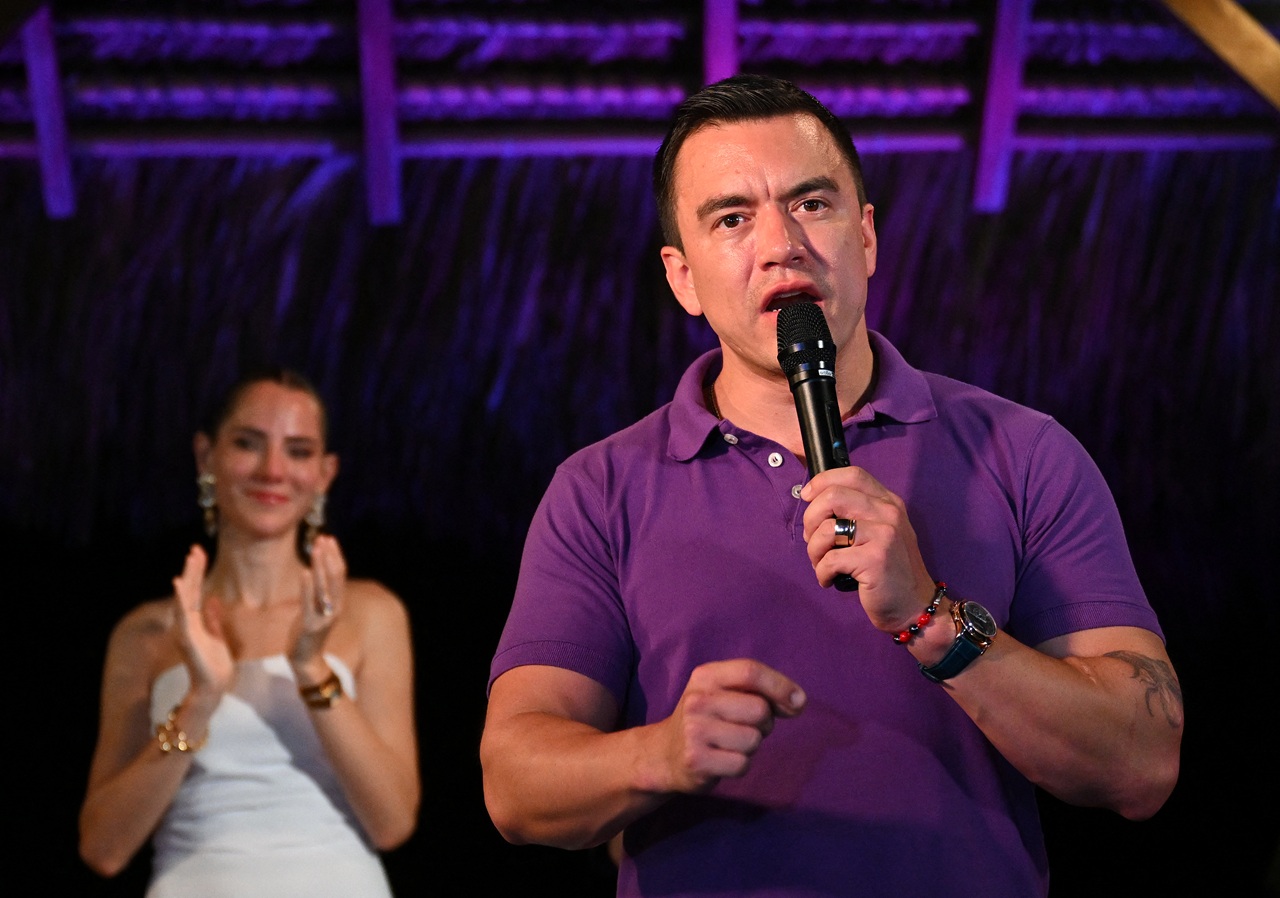

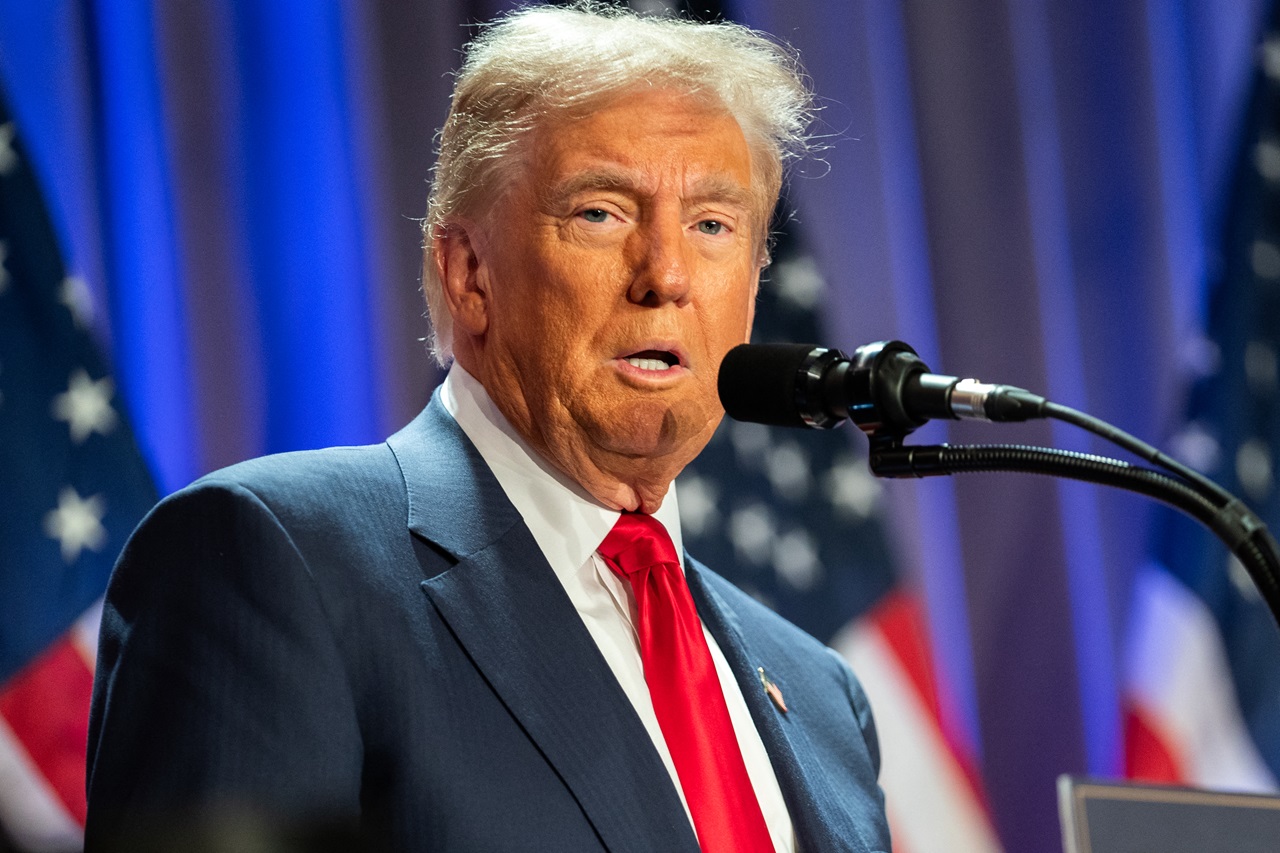
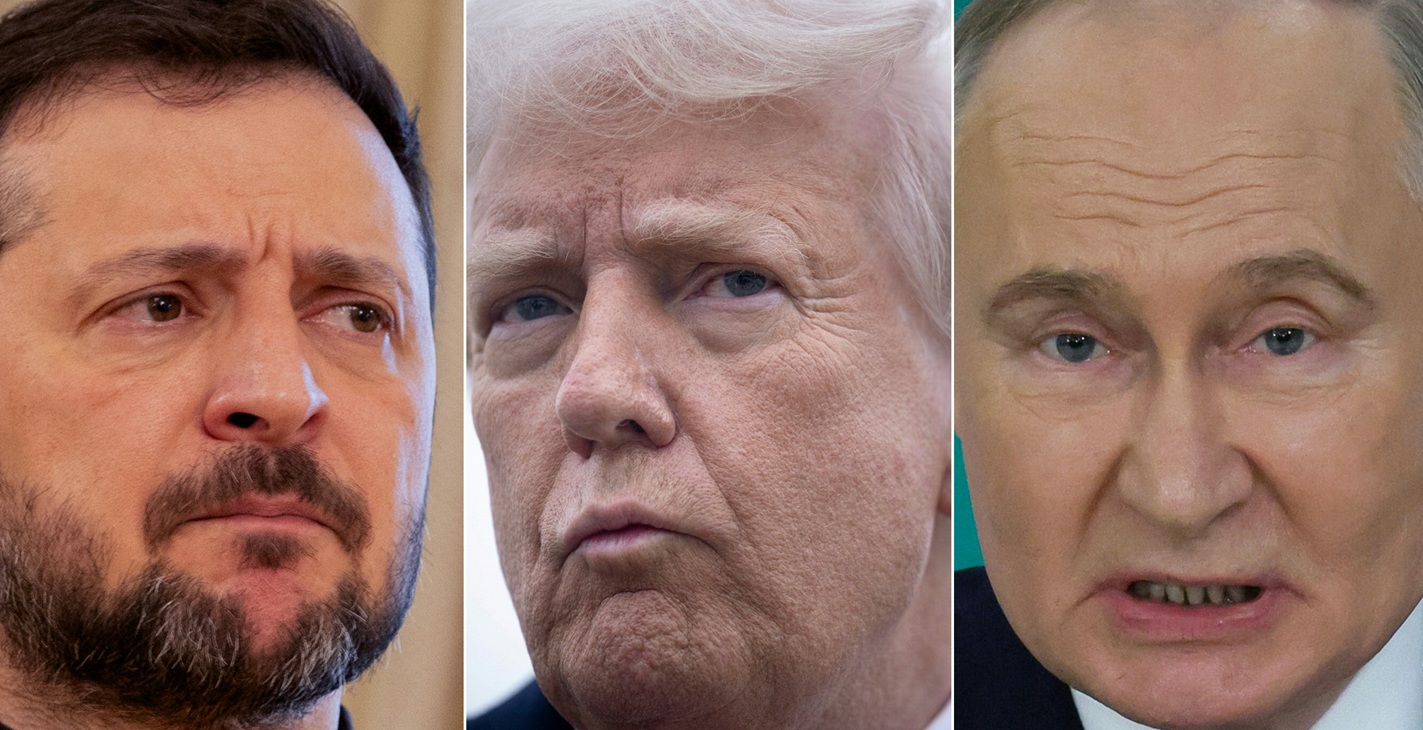

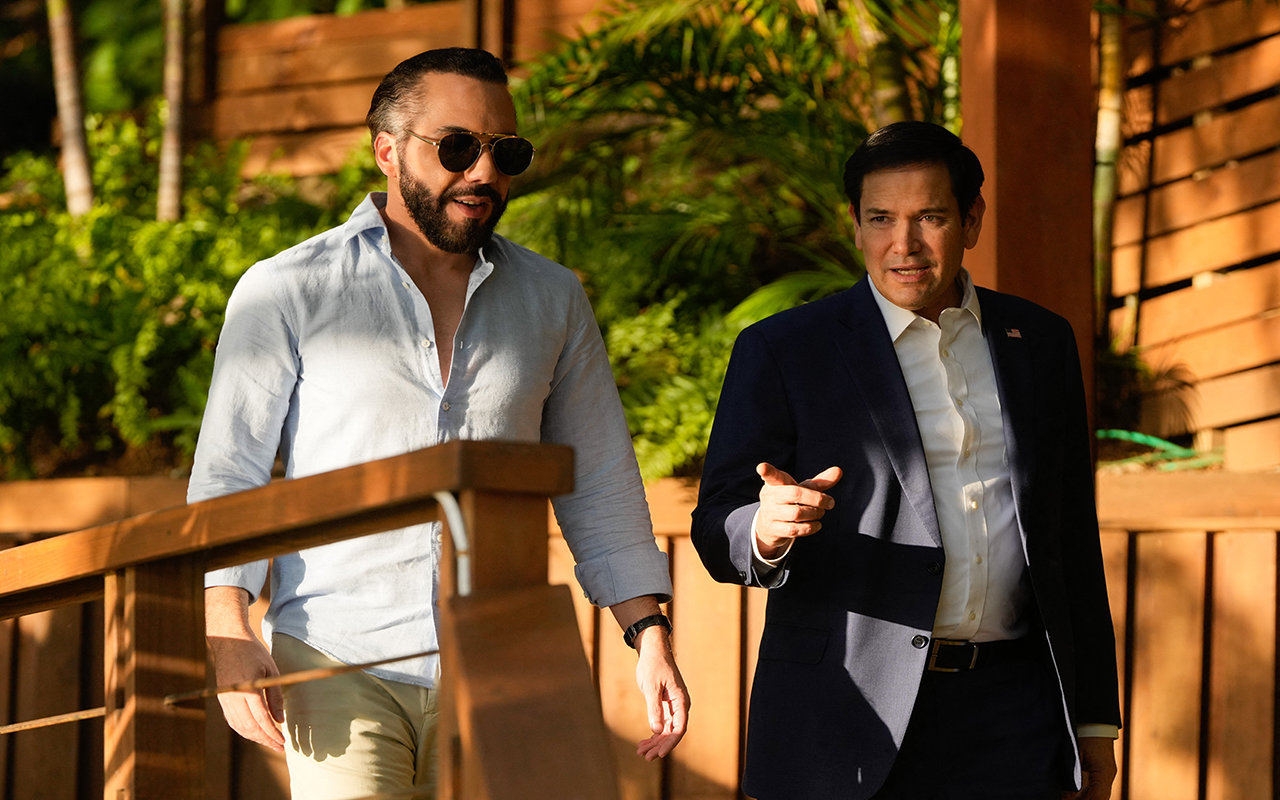


LEAVE A COMMENT: